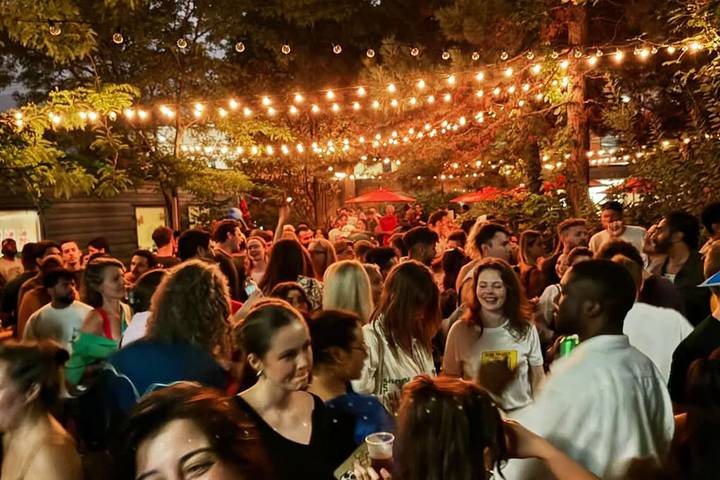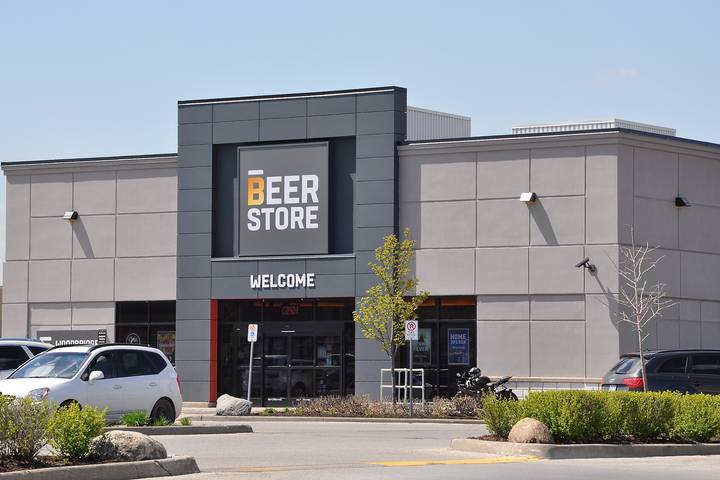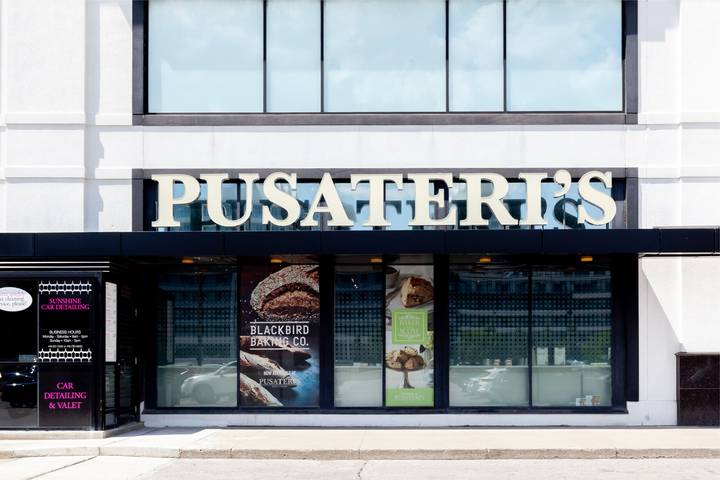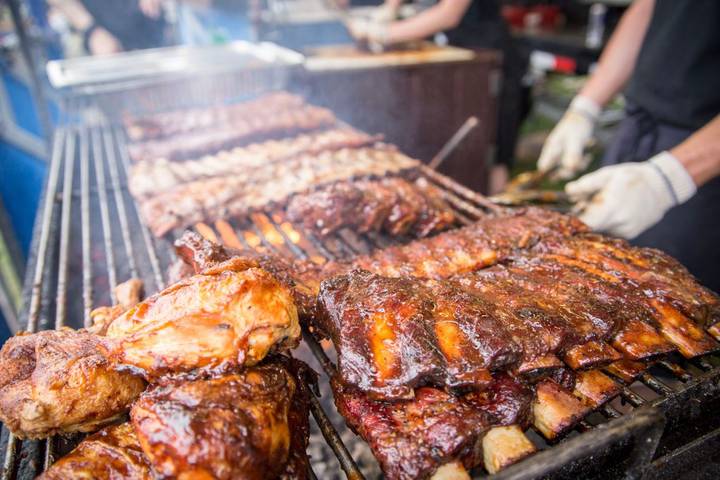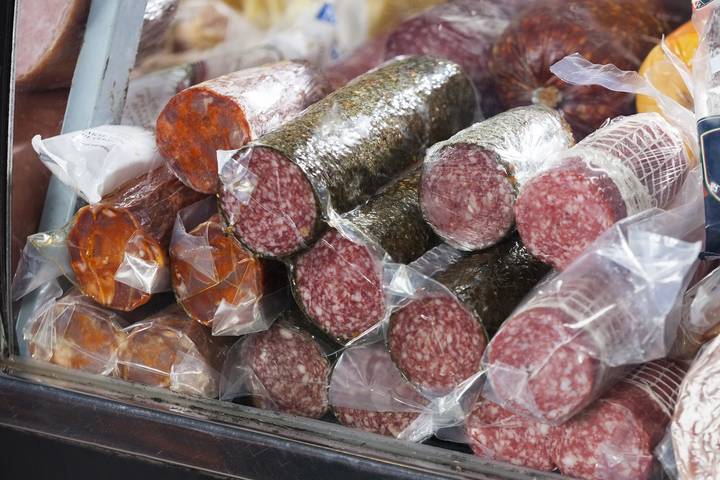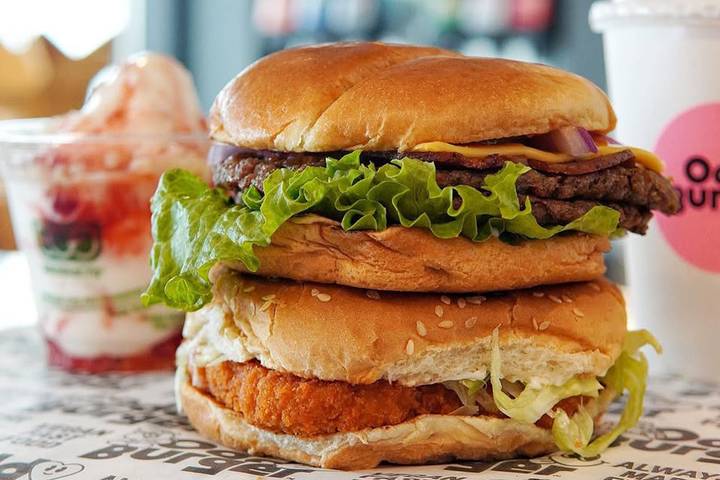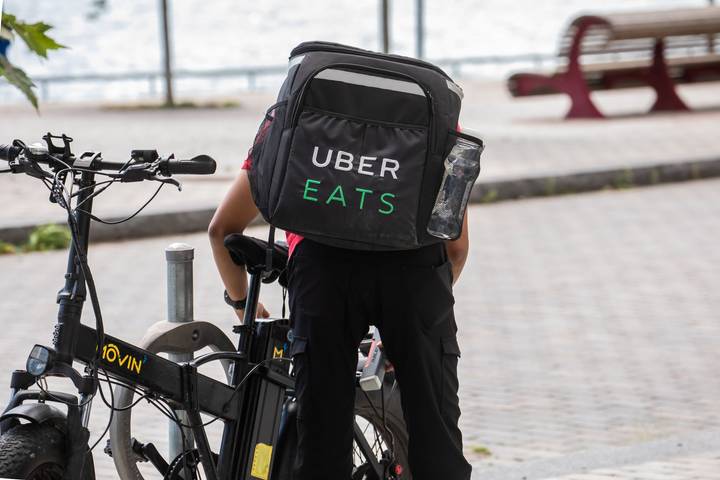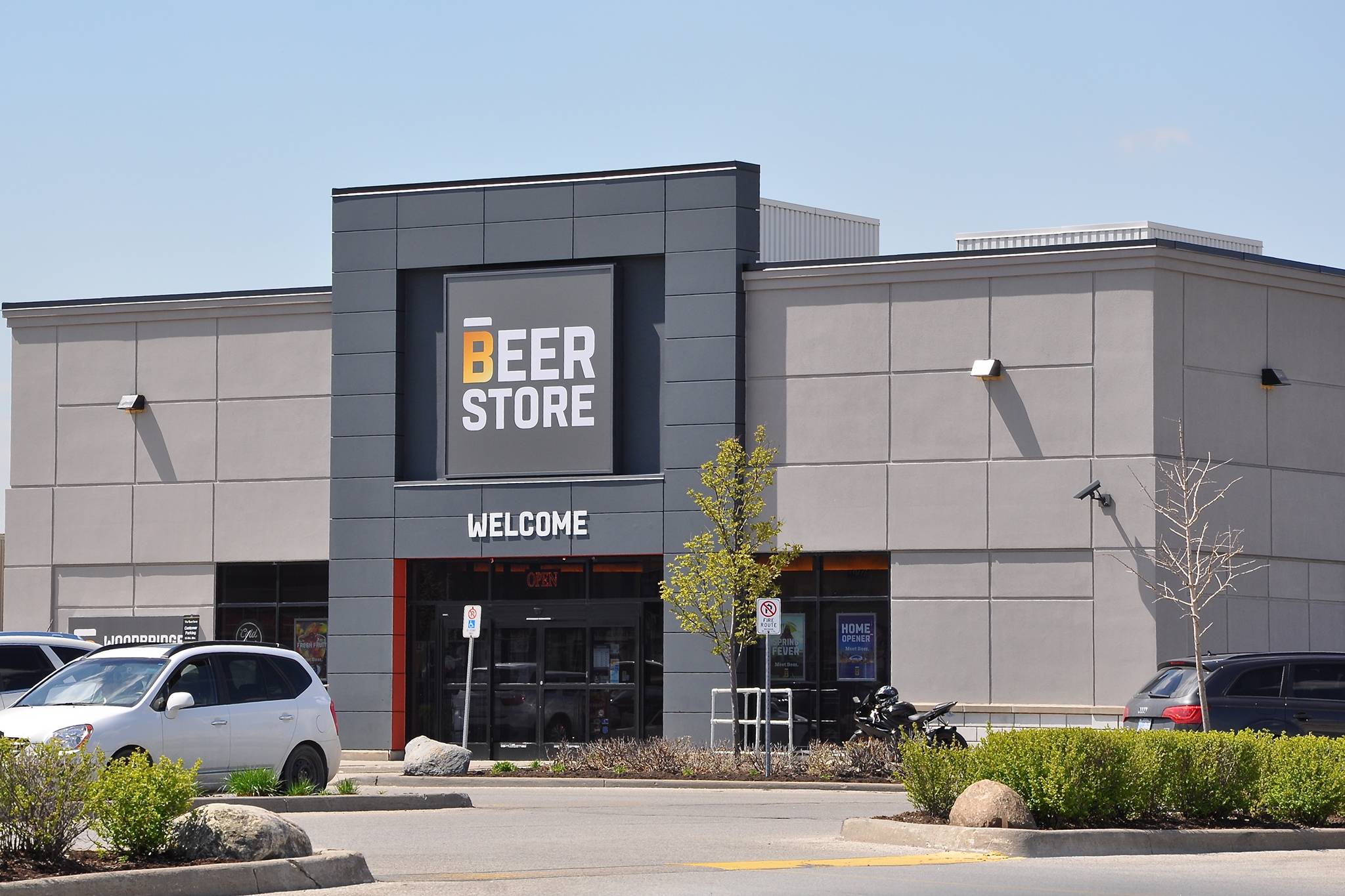
Here's what to do with your empties in Ontario as Beer Stores close down
As Beer Store locations across Ontario gradually shut down, residents are wondering where the heck they're supposed to return their empty alcohol cans and bottles if and when their neighbourhood outpost of the chain closes.
Since 2007, The Beer Store (TBS) has been accepting these returns for deposits under the Ontario Deposit Return Program (ODRP), which is administered by it, the provincial government, and the LCBO.
But, with alcohol sale rules amended last year to allow convenience stores and a wider range of supermarkets to offer select adult beverages, these points of purchase will now also become part of the program.
Under a new agreement, starting January 1, 2026, all grocery stores over 4,000 sq. ft. will be required to accept empty containers from consumers, and refund the deposits that are rolled into the price of canned and bottled drinks as a condition of their liquor licence.
(As of October 31, 2024, some already are, while all must have signage directing consumers where they can bring back their empties for recycling. Convenience Stores are exempt, but can partake if they so choose.)
As outlined by the Province, The Beer Store is still "responsible for handling the reverse logistics and the collection of all empty liquor containers, including empty Beer containers," but must also now "manage and bear the costs of the TBS Beer Container Recovery System, including extending the TBS Beer Container Recovery System to all retailers."
A representative from the provincial government told us over email that the retailer will continue to helm Ontario's recycling program for these containers "until at least 2031," during what is a huge transitionary period for the market.
"Stores that accept empties have the opportunity to follow the standard arrangement with The Beer Store, or they can enter into their own alternative arrangement for empty drop off and pick up," Colin Blachar at the Ministry of Finance explains.
"Options include being able to join together for the process or using alternative locations for empty pick up and drop off."
Unfortunately, as of late May, it seems that some grocers are actually considering opting out of alcohol sales altogether to avoid having to participate in the recycling initiative. Per CityNews, only 13 of 70 supermarkets more than 5km from a Beer Store have opted in thus far.
An interactive online map provided on the Ontario website indicates where consumers can procure alcoholic beverages provincewide, as well as at which locations they can return their empties.
But, it appears that nearly all of the copious listings on this crucial tool are Beer Store outposts. In and around Toronto, for instance, the nearest non-Beer Store shops taking alcoholic bottles and cans are LCBO Convenience Outlets located at:
- Food Basics, 9600 Islington Avenue, Vaughan, ON
- Esso Gas and Convenience Store, 2250 Highway 7 East, Pickering, ON
- Ultramar Gas and Convenience Store, 5267 Aurora Road, Stouffville, ON
- Esso Gas and Convenience Store, 1521 Charleston Sideroad, Caledon, ON
- Ultramar Gas and Convenience Store, 311 Brock Road South, Guelph, ON
- Carlisle Cleaners & Alterations, 278 Carlisle Road, Carlisle, ON
- Four Leaf Clover Ltd., 10779 Guelph Line, Campbellville, ON
- Foodland, 209 Alma Street, Rockwood, ON
- Lyndon General Store, 128 Lynden Road, Lynden, ON
- Foodland, 19263 Highway 48, Mount Albert, ON
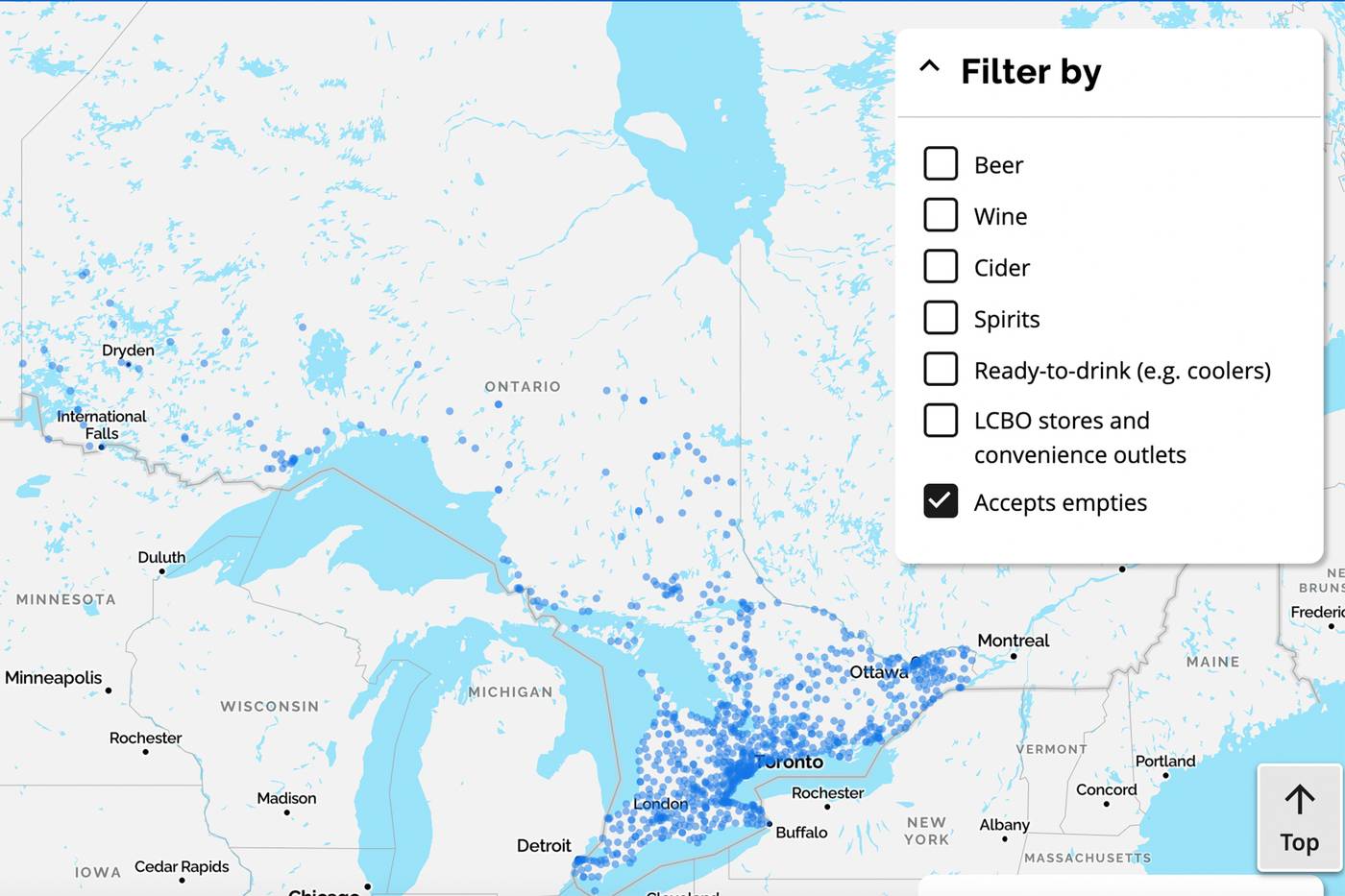
The province lists countless places for customers to return their empties. But, the vast majority are still Beer Store locations, when the future of the chain and what its future footprint will look like are very much up in the air.
Meanwhile, the Beer Store has been downsizing and selling off some of its properties in recent years, even before last year's rollout that increased its competition by thousands of stores.
The new legislation also requires the company to keep fewer and fewer stores open as time goes on — terms state that The Beer Store must have at least 386 locations open until July 1, 2025, but can close another 86 by the end of 2025 (maintaining at least 300).
Following that, there is no minimum requirement, meaning the chain could completely fold its retail offerings if desired. And, many have speculated that it more than likely will go this route as the brand focuses on the distribution side of things.
"In 2024 and beyond, The Beer Store is planning to adapt and thrive. We will expand our distribution fleet and network to service the new retail outlets, increasing our presence from approximately 1,500 private sector outlets to more than 10,000 during the term of this contract," reads a statement from the outlet in May 2024, just after Doug Ford announced the expedited timeline for getting beer, wine and seltzers into corner stores.
Lester Balajadia/Shutterstock.com
Latest Videos
Latest Videos
Join the conversation Load comments
